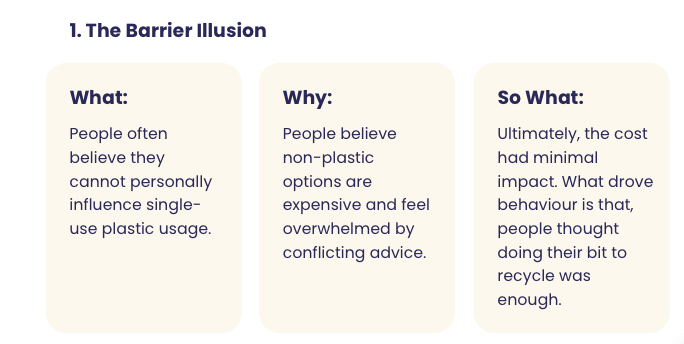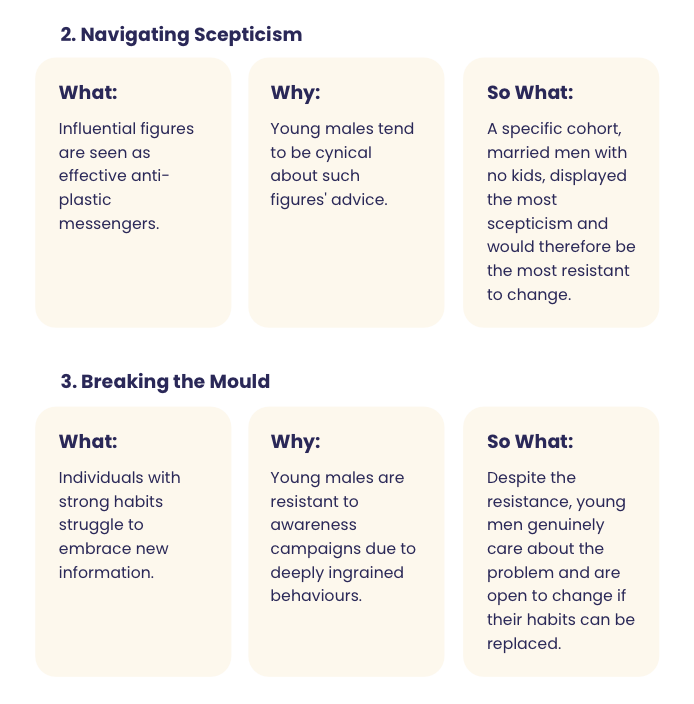In our fast-paced modern world, single-use plastics have stealthily woven themselves into the fabric of our daily lives. From plastic bags to bottles, straws, utensils and packaging materials, these items have become our companions, providing unparalleled convenience. But here's the catch: The ease they offer comes at a tremendous cost to our environment and health.
Did you know that more plastic was produced in the first decade of the 21st century than throughout the entire 20th century? Manufacturers churned out a staggering 311 million tonnes of this material in 2014 alone. And the grim forecast? Over the next 30 years, annual plastic production is predicted to skyrocket to a mind-boggling 1.8 billion tonnes, equivalent to almost 250,000 Eiffel Towers in weight.
We often talk about the devastating impact of plastic on marine turtles, but there's also a significant, often ignored, consequence for humans. Eating just six oysters could mean consuming up to 50 pieces of microplastic. Our oceans are becoming a plastic playground, and the effects are silently entering our food chain.
Enter Sky and the Premier League. Their campaign began with a match takeover at Wembley, featuring players like Harry Kane, who endorsed the movement. Plasticus the Whale, a 10-metre-long behemoth made from a quarter-ton of plastic, symbolised the plastic entering our oceans every second.
Their efforts were undoubtedly a giant leap towards creating national awareness, but they recognised the need for deeper insights into the underlying reasons behind single-use plastic consumption.
Sky sought to understand the psychology that drives this behaviour, and to devise innovative solutions that would complement their overarching campaign.

New Product Innovation
Sky and Cowry embarked on an ambitious journey to unearth the root causes of single-use plastic consumption. They employed a multi-faceted approach, blending three distinct methodologies to uncover the "what," the "why," and the "so what" of this pervasive issue:
After establishing a comprehensive context for the behavioural challenge, the next task was to uncover people's true feelings about single-use plastics. Cowry used cognitive interviews to delve deeper into participants' experiences and thought processes. These interviews unearthed implicit or subconscious information that individuals may not readily express in traditional interviews. The emotions were then quantified using an implicit response test, revealing not just what people thought, but the strength of the associations.

This holistic approach allowed Sky and Cowry to gain a comprehensive understanding of the issue and revealed fascinating insights across three pivotal themes:


Armed with these insights, Cowry created interventions around three key themes. One idea was the "Thrill Fill" initiative, encouraging reusable water bottles and rewarding users with points every time they filled their bottles. Those with the most points stood a chance to win prizes and even play at Wembley. By leveraging the psychology of variable rewards, this approach aimed to transform habits by making the switch to reusable bottles exciting and rewarding.
Interventions were created to remind people to bring reusable bottles, including a doormat strategically designed with the power of three and an Alexa shortcut.
The interventions were tested on young men aged 18-34, resulting in a significant behaviour change. With this demographic making up 6.56% of the population and the average Londoner buying 175 plastic bottles a year, this intervention could reduce usage by 179%. When scaled, this means 610,778 fewer bottles used per day.

In conclusion, Sky and the Premier League's campaign highlights the urgent need for change in our relationship with single-use plastics. Through innovative research and interventions, Cowry has shown that even the smallest adjustments to our behaviours and environments can have a profound impact on reducing plastic pollution.
The journey towards a plastic-free future begins with understanding the "what," the "why," and the "so what," and taking actionable steps towards a cleaner, healthier planet. Together, we can make a world of difference—one less plastic bottle at a time.

13 March
Cowry partnered with VCCP and Keep Britain Tidy (KBT), a UK-based environmental charity, on a behaviour change campaign to tackle this pressing issue.
30 January
Read about how Cowry helped Tesco Bank to reduce operational costs and environmental impact by encouraging customers to go paperless.
We’d love to chat to you about how to start applying behavioural science - book a slot below to catch up with Jez and find out more.
Download your free copy of On The Brain 📖